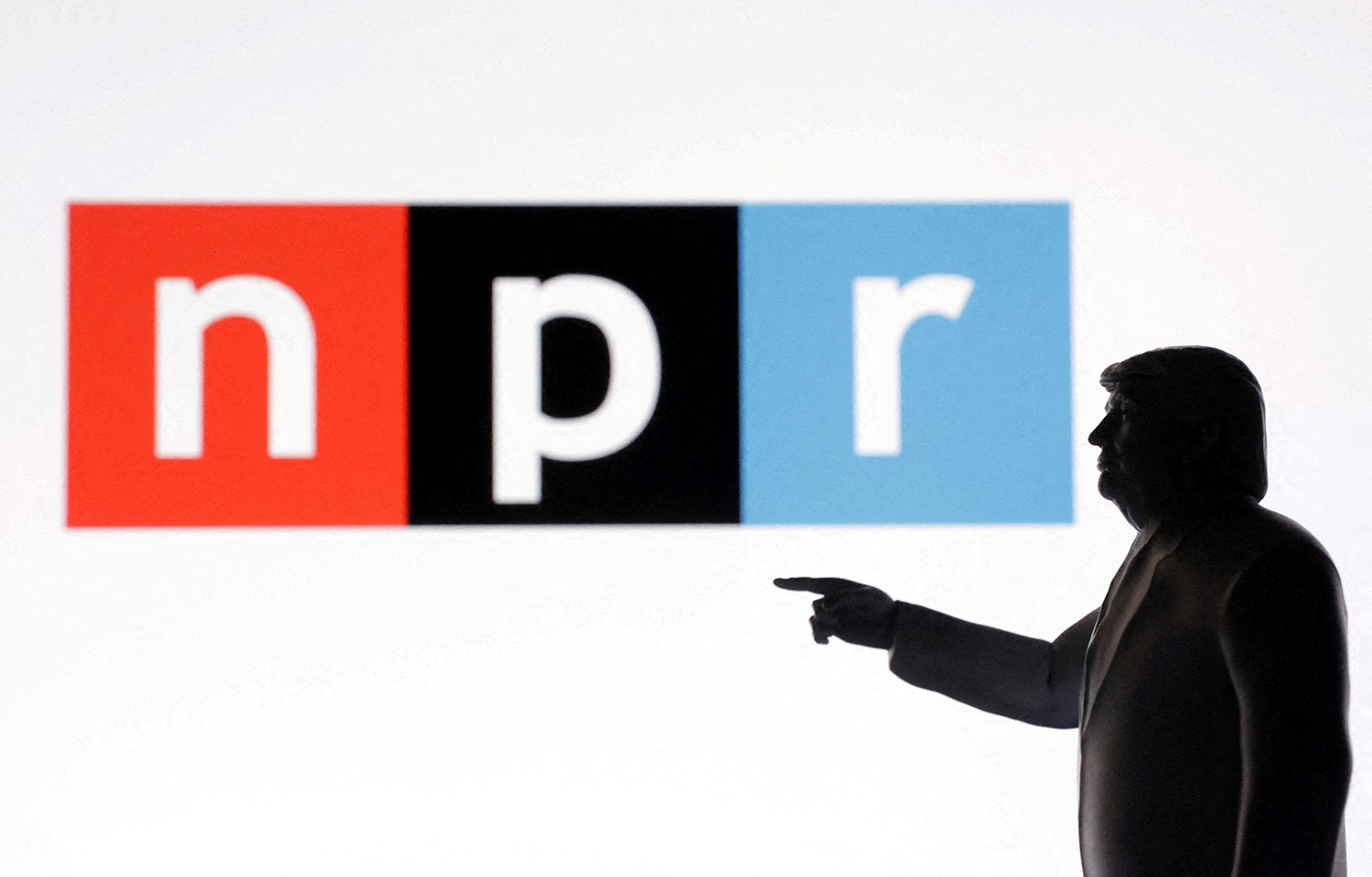A dozen Philadelphia police officers who sued the city after they were disciplined and fired for offensive Facebook posts can pursue their First Amendment lawsuit against the city, a federal appeals court ruled June 8.
Facebook posts of the 12 officers were included in the Plain View Project, a database published in 2019 which includes racist and violent posts from over 3,500 current and retired officers from eight departments across the country. The database was featured in a collaborative report published by BuzzFeed News and Injustice Watch, a nonprofit newsroom, garnering national attention.
Injustice Watch, according to the report, “discovered many officers who made offensive posts were also accused of brutality or civil rights violations. Of 327 officers in Philadelphia who posted troubling content, more than a third — 138 officers — appeared to have had one or more federal civil rights lawsuits filed against them, based on name, badge number, and other corroborating details. Of that group, 99 ended in settlements or verdicts against them or the city.”
Fifteen officers were pushed off the force and 193 others were found to have violated police department policy as a result of the database, The Associated Press reported. According to the Philadelphia Inquirer, the department took 72 officers off street duty during its investigation into more than 3,100 posts. Each post was reviewed by the department and a law firm to “determine if the speech was constitutionally protected,” BuzzFeed News reported.
Philadelphia Police Commissioner Richard Ross Jr., who has since resigned for separate reasons, said during a 2019 press conference that posts from officers that did not lead to termination or discipline encompassed speech that was “constitutionally protected.”
A unanimous three-judge panel of the U.S. Court of Appeals for the Third Circuit remanded the case back down to a lower district court which dismissed the officers’ claims in 2020. The Third Circuit ruled that more facts were needed for the district court to support its decision.
“This Court does not condone the Appellant officers’ use of social media to mock, disparage, and threaten the very communities that they are sworn to protect,” wrote Judge Luis Felipe Restrepo for the court. “While we do not opine on the merits of their suit, our rules of procedure dictate that the Appellant officers have stated a claim for First Amendment retaliation at this juncture.”
The officers sued the city in 2020 claiming their suspensions and terminations were in “retaliation against them for the exercise of their freedom of political expression as private citizens, for their commentary on social media, and their response to comments posted on their personal and private Facebook pages about a current events of inherent public concern and nationwide interest,” the lawsuit stated.
But in 2022 Judge Petrese Tucker of the U.S. District Court for the Eastern District of Pennsylvania dismissed their claims. The city argued that the officers’ posts were disruptive because they are “‘rife with statements that promote extrajudicial violence, vigilante justice, police brutality, and demonstrate a clear bias against African-Americans, Muslims, and members of the LGBTQ community.’” Because of this, the city claims the officers “were unable to effectively perform their crucial job and serve the City’s diverse community” and “that it had a compelling interest in ensuring public trust in the PPD and promoting efficiency and the posts undermined that mission.” Judge Tucker agreed.
The 1968 Supreme Court decision in Pickering v. Board of Education established a four-part test to determine how a public employee’s right to speak on a matter of public concern is balanced against the employer’s interest in the efficiency of operations.
Judge Tucker wrote for the district court that the officers “failed to establish a First Amendment retaliation claim. Although they spoke in their capacity as private citizens and some of their posts involve matters of public concern, Plaintiffs fail to show that their right to free speech outweighs the governments interest in regulating that speech.”
But in the Third Circuit’s analysis, it found that “the record is insufficient here to inform proper Pickering balancing” and concluded “that dismissal is not appropriate at this stage.”
“The Constitutional guarantee of free expression is a pillar of our democracy, and yet, it can be a bitter medicine— particularly when prescribed in defense of social media’s more antisocial viewpoints,” Judge Restrepo wrote.
June 8, 2023 — U.S. Court of Appeals for the Third Circuit Decision
Jan. 26, 2022 — U.S. District Judge Petrese Tucker Dismissal
Oct. 7, 2020 — Officers v. City of Philadelphia, Amended Complaint
Tags




